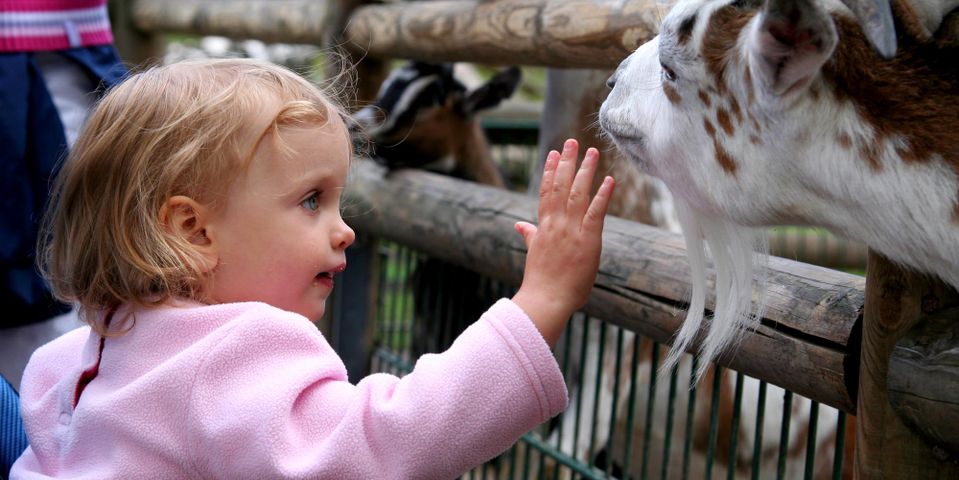What Is Zoonosis? Local Veterinarians Explain

“Zoonosis” is an umbrella term referring to the types of infectious diseases that can be transmitted between animals and humans. While prevention strategies are important for all individuals, it is especially important for pet owners to ensure their animals and family members are protected against these illnesses. The knowledgeable veterinarians from Troy & Wentzville Veterinary Clinic in eastern Missouri are here to explain more.
A Veterinarian’s Guide to Zoonoses
What Are Some Examples of Zoonoses?
Zoonoses, also called zoonotic diseases, include rabies, ringworm, bird flu, Lyme disease, leptospirosis, and West Nile fever. This list is by no means extensive, however, and even conditions such as E. coli and salmonella are considered zoonotic diseases, as they originate from animal products.
How Are They Contracted?
According to the CDC, there are four primary ways in which zoonotic illnesses can be contracted. The first is by direct contact, and it includes bites and scratches from infected animals. Yet, some diseases are so contagious that they could be transmitted simply by touching the infected animal. Indirect contact, such as touching contaminated surfaces like chicken coops and aquariums where infected animals live, can also cause a person to become sick. It’s also possible to catch these viruses by being bitten by an infected insect, which is called vector-borne transmission. Finally, foodborne transmission occurs by consuming a contaminated food source.
How Can I Protect My Pet & My Family?
 Some types of zoonoses are largely preventable in pets through vaccinations and medications. There are pet vaccines available for rabies and Lyme disease, for instance. Ensuring your pet has access to clean drinking water and does not come into contact with wildlife or infected animals are also effective prevention strategies.
Some types of zoonoses are largely preventable in pets through vaccinations and medications. There are pet vaccines available for rabies and Lyme disease, for instance. Ensuring your pet has access to clean drinking water and does not come into contact with wildlife or infected animals are also effective prevention strategies.
Humans can prevent tick and bug bites by using repellents, and they can also avoid contracting any zoonotic illnesses by washing their hands promptly after touching any animals other than their family pet. This is particularly important in environments like petting zoos or any other areas with animal exhibits. Together, these two strategies are recommended by experts as the best ways to minimize the outbreak of these diseases.
If your pet is due for their vaccines, contact Troy & Wentzville Veterinary Clinic to schedule an appointment. Offering a full range of preventive and emergency treatments for pets as well as livestock, their veterinarians are trusted throughout local communities for their attentive and compassionate animal care services. Learn more about their clinic by visiting their website. Or, call (636) 528-4534 to reach their Troy location, or (636) 327-6488 for their Wentzville office. You can also find the team on Facebook.
About the Business
Have a question? Ask the experts!
Send your question

